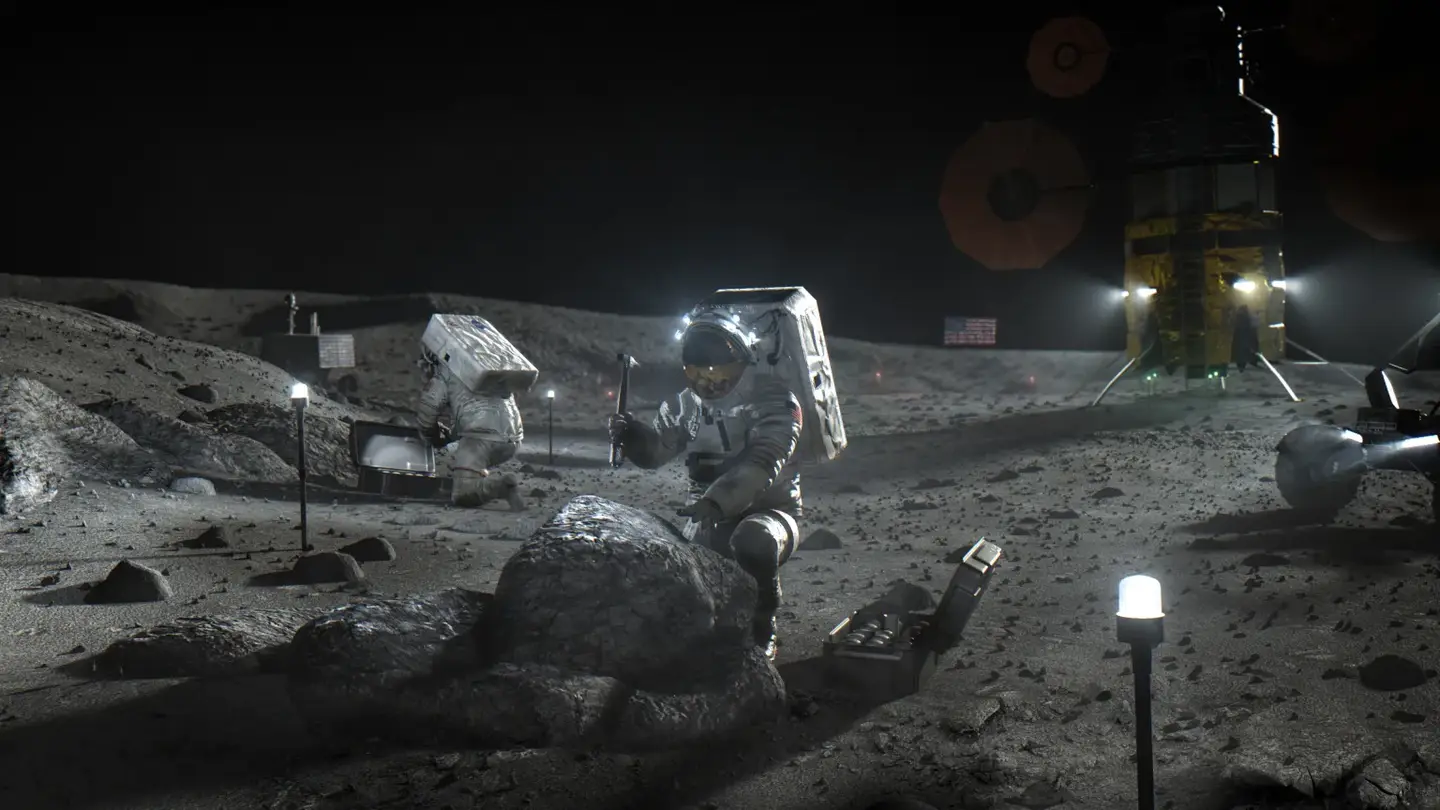Post Human Era – Transhumanism Music You Can Dance To

Share
Artists love to say their music has a message, but what happens when that message is "the Singularity is Near"? Musician Daniel Finfer creates albums that explore the concepts and consequences of accelerating technology while still possessing enough pop-music chops to make them accessible. His Post Human Era project's first album, To Build A Fire, has tracks with titles like You in the Future and Replacing You. On first listen they may sound like Finfer's singing to a girl, but lines like "I don't need you in the future" are about post-singularity robots dismissing the need for humans. Pretty trippy stuff, and awesome to listen to. I had a chance to talk with Finfer and get the inside line on his new album, the inspiration behind his work, and his future projects with groups like Idiot Pilot. The next Post Human Era song, Building the Machine dropped last week, and you can download it over at its BandCamp site. It's 'pay as you like' and Finfer is looking for 50% of the proceeds to be donated to Singularity-minded organizations like the Singularity Symposium and others. Watch the music video for the title track for Building the Machine below.
Daniel Finfer's inspiration for blending accelerating technologies with music may sound familiar to many of you. Five years ago, he was struck by how few pop songs really had a meaningful message, and at the same time he was reading Ray Kurzweil's The Singularity is Near. Finfer got the idea for creating songs that explored the themes of the Singularity under the guise of pop music. While his lyrics may sound like they are a stereotypical exploration of love, romance, and youthful bravado, they are actually "a conversation between my future and present selves, I'm sort of talking back and forth through time."
Speaking with Finfer, it's clear that making Singularity themed music isn't just about creating a cool concept album, it's part of a larger movement. Friends from his hometown of Belmingham, Washington, Michael Harris and Daniel Anderson, found success and a record contract performing as Idiot Pilot. Finfer probably could have gone the same route, but the release of his music online shows a different philosophy. "In the past ten years, I mean what's the reason for paying for music?" Getting free albums on the internet is so easy that Finfer is using his Singularity-themed albums to explore new models of revenue. His work is largely 'pay as you like' and To Build a Fire generated 30,000+ downloads. Not bad for an indie internet artist, and he's just getting started. Building the Machine, with 50% of its proceeds donated to organizations, represents what Finfer believes the whole music industry may need to transition towards. "No one pays for music anymore," so you have to give your audience another reason to fund your work. Instead of piracy you have a sort of online patronage system where listeners pay for downloads because they like the music and because they believe in the cause.
Be Part of the Future
Sign up to receive top stories about groundbreaking technologies and visionary thinkers from SingularityHub.


It's insightful ideas like that which makes Finfer's approach to music so interesting to follow, whether or not his songs are actually to your taste. Another part of Finfer's burgeoning career that excites me is the creative story-based approach he takes with his projects. His friends in Idiot Pilot (who helped with the Building the Machine remix) are collaborating with him on a side project called Ancient Lasers. If you go to that website you'll hear a dissonant audio and see some weird 16-bit-esque graphics. As the Ancient Lasers album gets closer to launch (probably in February), that audio will slowly become less distorted and clearer. The reasons behind this change will be revealed over time. An augmented reality video game that Finfer is working on will have a similar theme. I find little narrative conceits like this really cool. It makes me wonder if more of the music in the years ahead will focus on telling stories across different media. (Is Lady Gaga doing this already?)
In the future, the idea of what makes an artist successful will have to change. First off, there will be millions (billions?) of people looking to share their music and ideas with the world via YouTube and the internet at large. We'll all be taking in content (consuming) and many of us will be producing it as well. The boundary between those two sides will shrink until all of us qualify as a sort of 'prosumer' hybrid. In this new environment, and with the widespread piracy of intellectual property, it might be hard for artists to live off their art alone. The '50% of sales as donation' concept that Finfer describes may be one possible solution.
For many prosumers, however, it may be more about getting your message heard than making money. Finfer, just 24 and only two years out of Santa Clara University, still has a day job as a search engine optimization specialist who also handles video-logging and podcasts for realty companies. Yet every day brings more downloads of his albums, and he's able to collaborate with his friends and fellow artists. Finfer's music may be about the future, but his life is also a little taste of what the future may hold for many young people looking to become the next generation of artists. The days of massive music corporations handing our million-dollar record deals are probably numbered. Creative story telling and music, however, are going to live on...right through to the Singularity.
[image and video credits: Daniel Finfer]
[source: Daniel Finfer]
Related Articles

Vast ‘Blobs’ of Rock Have Stabilized Earth’s Magnetic Field for Hundreds of Millions of Years

Elon Musk Says SpaceX Is Pivoting From Mars to the Moon

Your Genes Determine How Long You’ll Live Far More Than Previously Thought
What we’re reading
